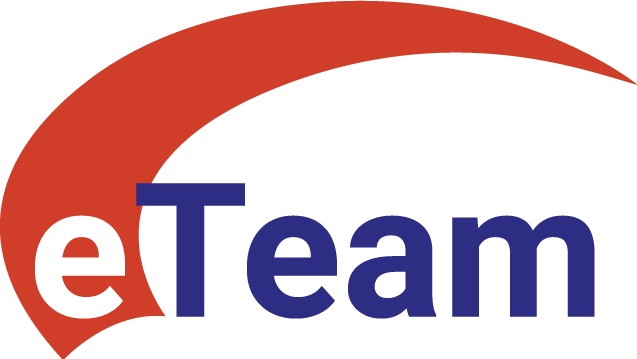- Certified Diversity and Security Cleared Organization | GDPR Compliant
Risk vs. Reward: Should Host Employers Use Perks to Attract Flexible Workers?
Last updated on July 10th, 2018 at 07:41 am
With the unemployment rate for college educated workers hovering around 2 percent and time to hire increasing, many host employers are tossing aside their co-employment fears and offering contingent workers some of the same lavish perks provided to regular staffers.
They believe that providing free lunches, corporate discount programs and concierge services enhances their ability to attract in-demand flexible talent, as Talent has become their competitive differentiator. The current trend amongst employers leveraging flexible workforce is to abandon the fear of co-employment risk, as they believe the greater risk is lack of access to talent.
Research shows that these trend setting companies may be on to something.
More than half (57 percent) of all workers say perks and benefits are among the top things they consider when deciding whether to accept a job, and almost 80 percent of employees say they would prefer new benefits over a pay raise according to a survey by career site Glassdoor.
Of course, decisions like these require careful consideration and staffing clients expect their MSPs and partners to provide competitive intelligence and advice. Should host employers offer perks to flexible workers? What do you think? Here are some possible benefits and risks. Check them out then let us know where you stand in the comment section below.
Benefits
Talent Attraction and Cost Control
Providing access to onsite gyms and health screenings, laundry services, free parking or shuttle service can persuade contingent workers to choose one assignment over another.
In fact, heavy hitters in the tech industry are pulling out the stops to compete for top contract talent in today’s highly competitive hiring market. For instance, in addition to receiving a bevy of unbelievable perks, contractors who accept long-term assignments at Facebook or Microsoft can qualify for additional paid time off or family leave. In some cases, a top contractor may even accept a slightly lower hourly rate if the difference is more than offset by a company’s generous perks.
Best of all, client-sponsored amenities tend to be cost-effective because they leverage existing contracts and don’t increase supplier overhead. What’s more, contractors who feel valued and appreciated by staffing firms and their clients may reciprocate by posting positive reviews, referring colleagues and rejecting competitors’ poaching attempts. Over time, host employers who offer benefits and perks may see improvements in time to fill, assignment completion and other key performance indicators.
Improved Teamwork and Morale
Many companies are moving away from internal silos and forming dynamic networks of flexible, highly empowered teams to keep pace with today’s dynamic business environment. These teams often include agency contractors and freelancers who make valuable contributions to the overall effort.
To ensure that everyone works cohesively toward the same goal, many companies are eliminating differences in seating arrangements or email addresses for contractors and including them in team building events and some office parties. They believe that breaking down the barriers that separate groups of workers encourages bonding, collaboration, knowledge sharing and support.
Their practices are supported by Gallup research which suggests that social interaction has been found to positively improve employee morale and team spirit. Other studies show that perceived or real inequities in the way workers are treated within an organization harm employee motivation.
Upskilled Workers
Staffing clients can reap numerous rewards from including contractors in lunch and learn trainings, speaker sessions, company university courses or subscriptions to online training programs.
In addition to boosting their recruiting efforts and brand, exposing contingent workers to new technologies, insights and thought leadership may spark the development of solutions or products that benefit end users and customers. Giving contractors the opportunity to participate in company-sponsored training sessions, lets managers assess their growth potential, drive and ability to succeed as a regular employee.
Risks
Ever since Microsoft settled a class action lawsuit back in 2000, companies have believed that exerting too much control over the financial compensation of flexible workers can increase exposure to co-employment risks and that staffing agencies should be solely responsible for administering pay and benefits. They’ve also maintained that employees and contingent workers are not the same, therefore they should not be treated or managed in the same way.
But given that today’s employees crave equality and transparency, many employers are rethinking their tactics and using perks to attract and retain the best contingent workers.
The question is, is this the right move? Is it effective? And if it is, how do you strike a balance between risk and return?
Ben Thakur

